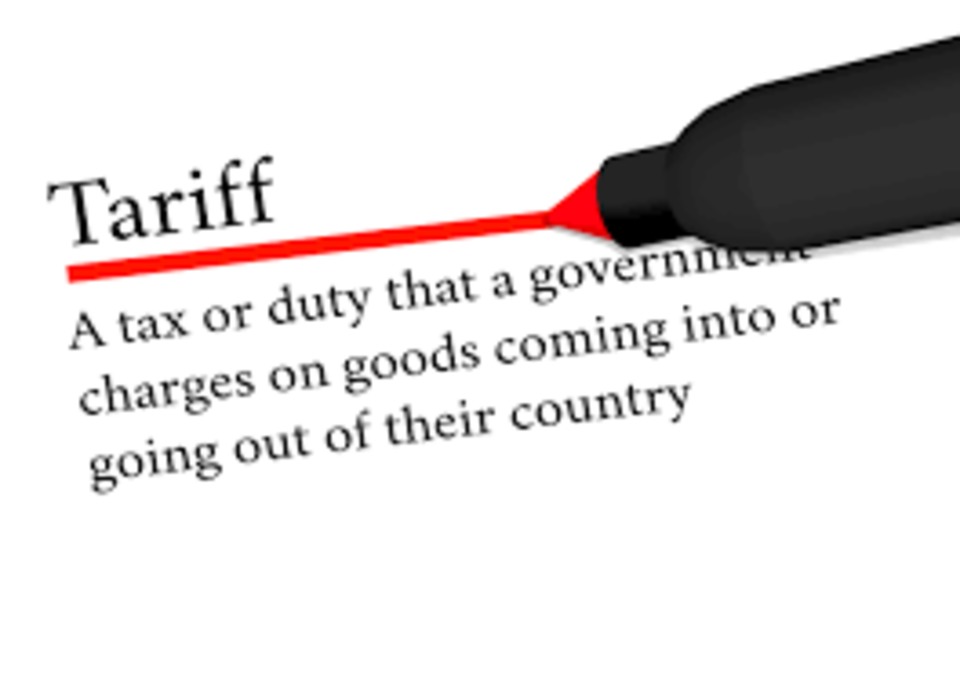WSJ 3/10/18
The Lesson From a Tariff Tale
‘Handle the economics,’ President George W. Bush told me, ‘and I’ll take care of the politics.’
By Vernon Smith | 338 words
I was one of nine American Nobel laureates invited to visit the White House Nov. 19, 2002, by President George W. Bush. Each of us had a few minutes to speak privately with the president before entering the Oval Office for a media event and photo-op.
In our private exchange, Mr. Bush congratulated me on my award in economics. I said, referring to the midterm elections just completed, “Thank you Mr. President, but I think your win was bigger than mine.” He smiled in acknowledgment, and I added: “You must be doing some things right, but you did two things wrong—your steel tariff proposal and the farm bill.” I startled him, but our exchange was not over.
Later in the Lincoln Room, Mr. Bush was talking with a group of my colleagues from George Mason University. Seeing me nearby, he raised his voice in a friendly retort: “Earlier, your laureate friend gave me a hard time about the steel tariff. I’m thinking that he should handle the economics, and I’ll take care of the politics.”
The president turned out to be correct, if perhaps not entirely as he intended. His proposal collided with a widespread political backlash at home and abroad, and with retaliation from our foreign trading partners. The Bush steel tariff, imposed in 2002, was rescinded in 2003. It was not feasible. He recognized its unreality and backed off.
Notice, however, that Mr. Bush could say, in effect, to the steel companies and workers: Sorry, I did my level best to help you, but as you can see it cannot be made to work. By lifting the tariff, he “won”on the economics. But he still had the political support of the steel interests.
Mr. Trump, your proposal can’t work. It’s bad economics and bad politics. A steel tariff will do great harm to the U.S. economy. Tell your constituency that you served them as best you could, and back off.
Mr. Smith is a professor at Chapman University and a 2002 Nobel laureate in economics

